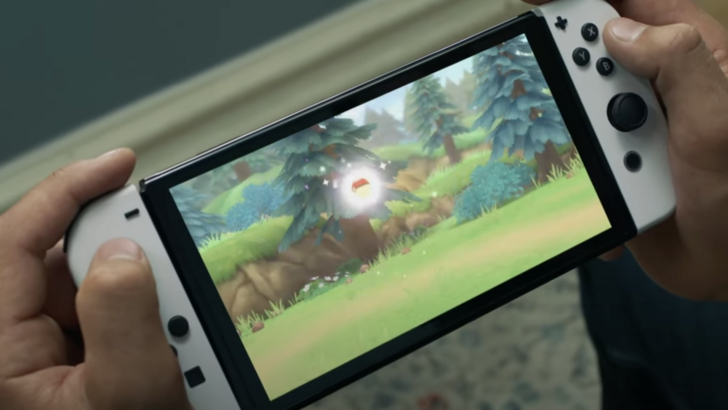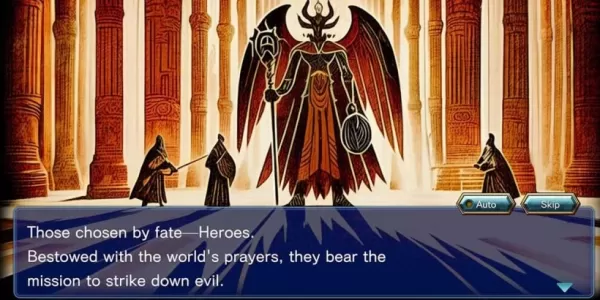Nintendo Lawyer Lifts the Lid on Approach to Piracy and Emulation
Nintendo's aggressive stance against emulation is well-documented. Recent examples include the $2.4 million settlement with Yuzu emulator developers in March 2024, the October 2024 cessation of Ryujinx development following Nintendo's intervention, and the 2023 advice against a full Steam release for the Dolphin emulator, prompted by Nintendo's legal pressure on Valve. The high-profile 2023 case against Gary Bowser, resulting in a $14.5 million debt to Nintendo for reselling devices that bypassed Switch anti-piracy measures, further highlights this commitment.
A recent presentation by Nintendo's patent attorney, Koji Nishiura, at Tokyo eSports Festa 2025, shed light on their approach. Nishiura clarified that while emulators themselves aren't inherently illegal, their use can become illegal depending on functionality. Specifically, emulators that copy game programs or disable console security mechanisms may infringe on copyright, largely under Japan's Unfair Competition Prevention Act (UCPA). This act, however, limits Nintendo's legal reach outside Japan.
Nishiura used the Nintendo DS "R4" card as an example – a device allowing users to bypass security and play pirated games. Nintendo's successful legal action against R4 manufacturers and sellers in 2009, based on UCPA violations, effectively outlawed its sales. He also highlighted the illegality of "reach apps" – third-party tools enabling pirated software downloads within emulators or other software. Examples include the 3DS's "Freeshop" and the Switch's "Tinfoil." Nintendo's lawsuit against Yuzu cited one million pirated copies of The Legend of Zelda: Tears of the Kingdom, linking the emulator's Patreon revenue to this infringement.
-
1
![Roblox Forsaken Characters Tier List [UPDATED] (2025)](https://imgs.ksjha.com/uploads/18/17380116246797f3e8a8a39.jpg)
Roblox Forsaken Characters Tier List [UPDATED] (2025)
Mar 17,2025
-
2
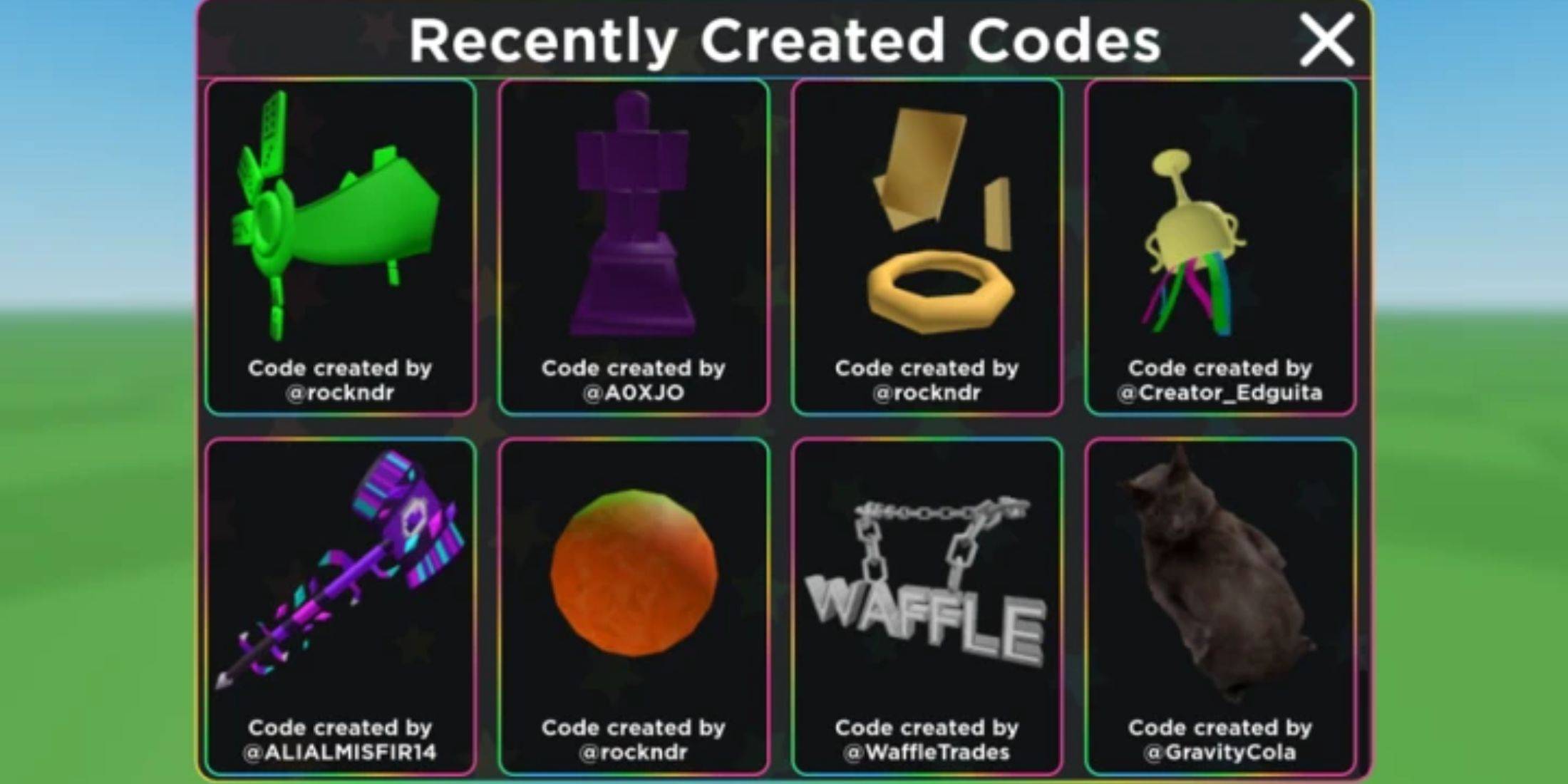
Roblox UGC Limited Codes Unveiled for January 2025
Jan 06,2025
-
3
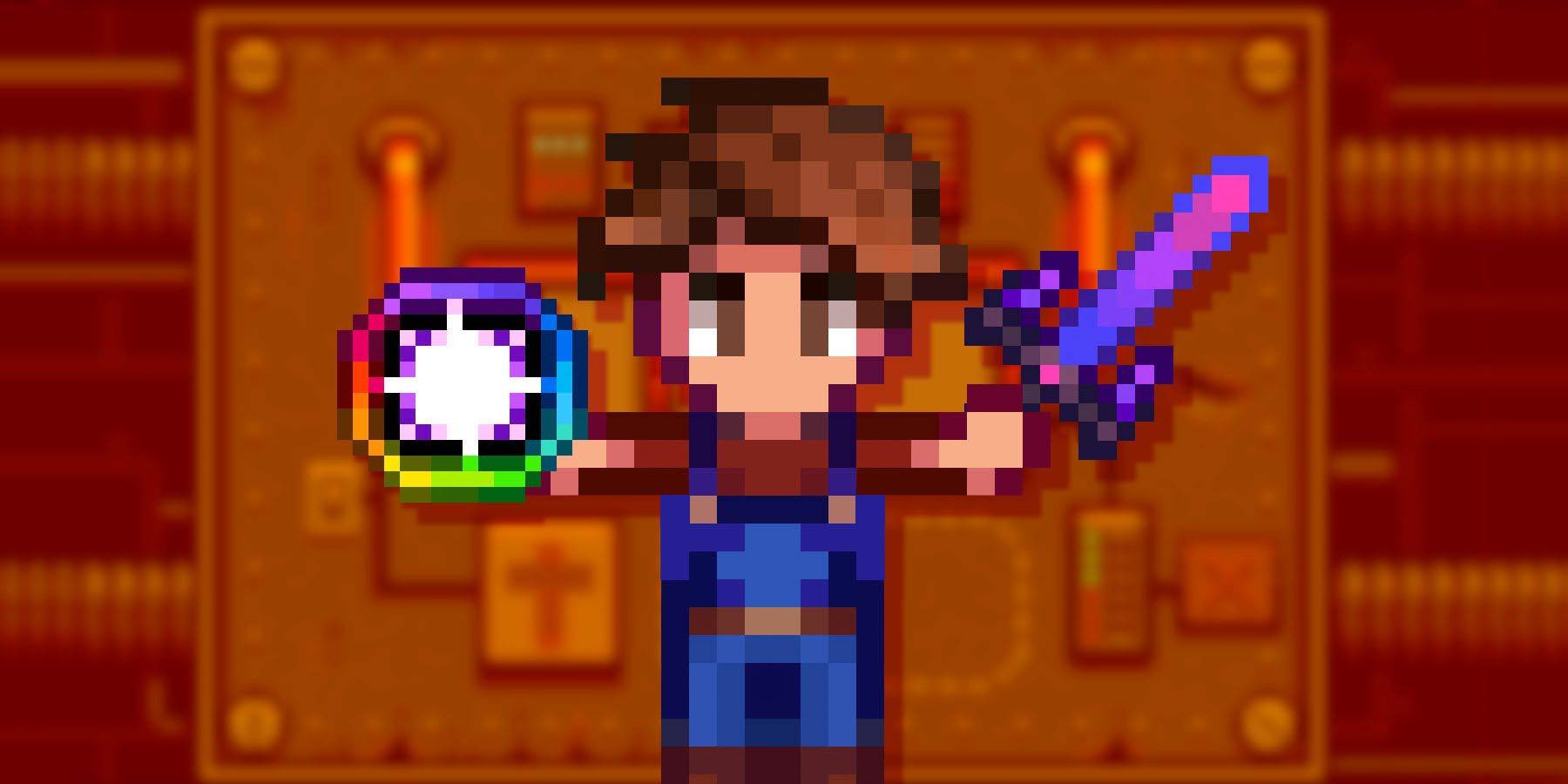
Stardew Valley: A Complete Guide To Enchantments & Weapon Forging
Jan 07,2025
-
4
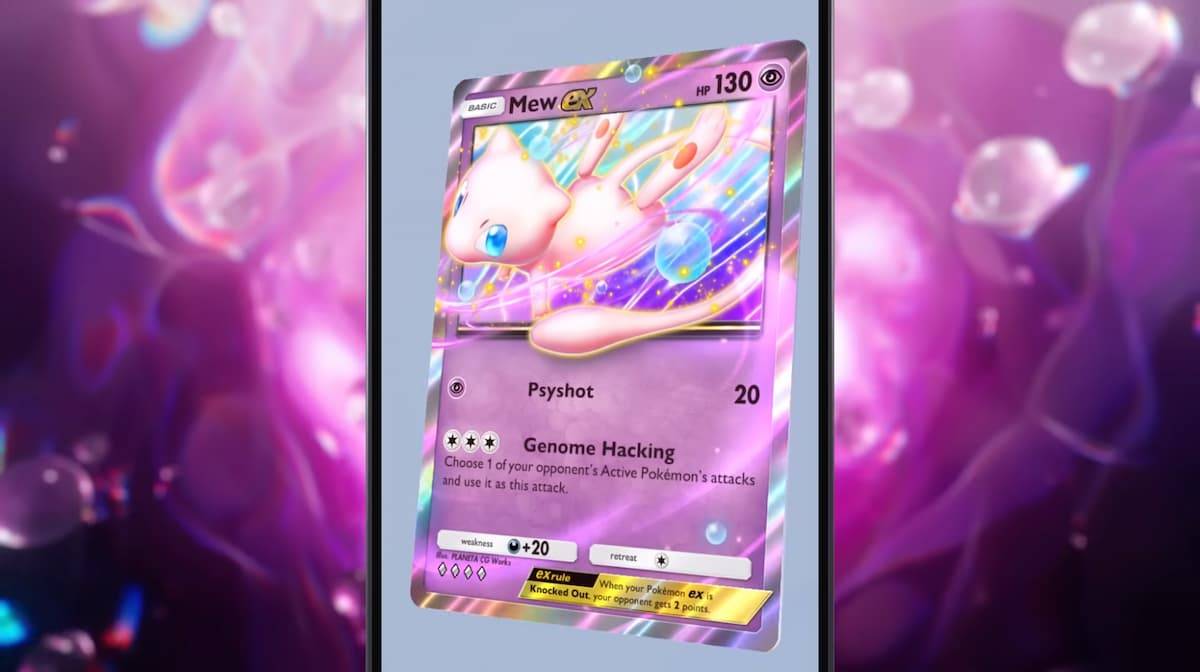
Pokémon TCG Pocket: Troubleshooting Error 102 Resolved
Jan 08,2025
-
5

Free Fire Characters 2025: Ultimate Guide
Feb 20,2025
-
6
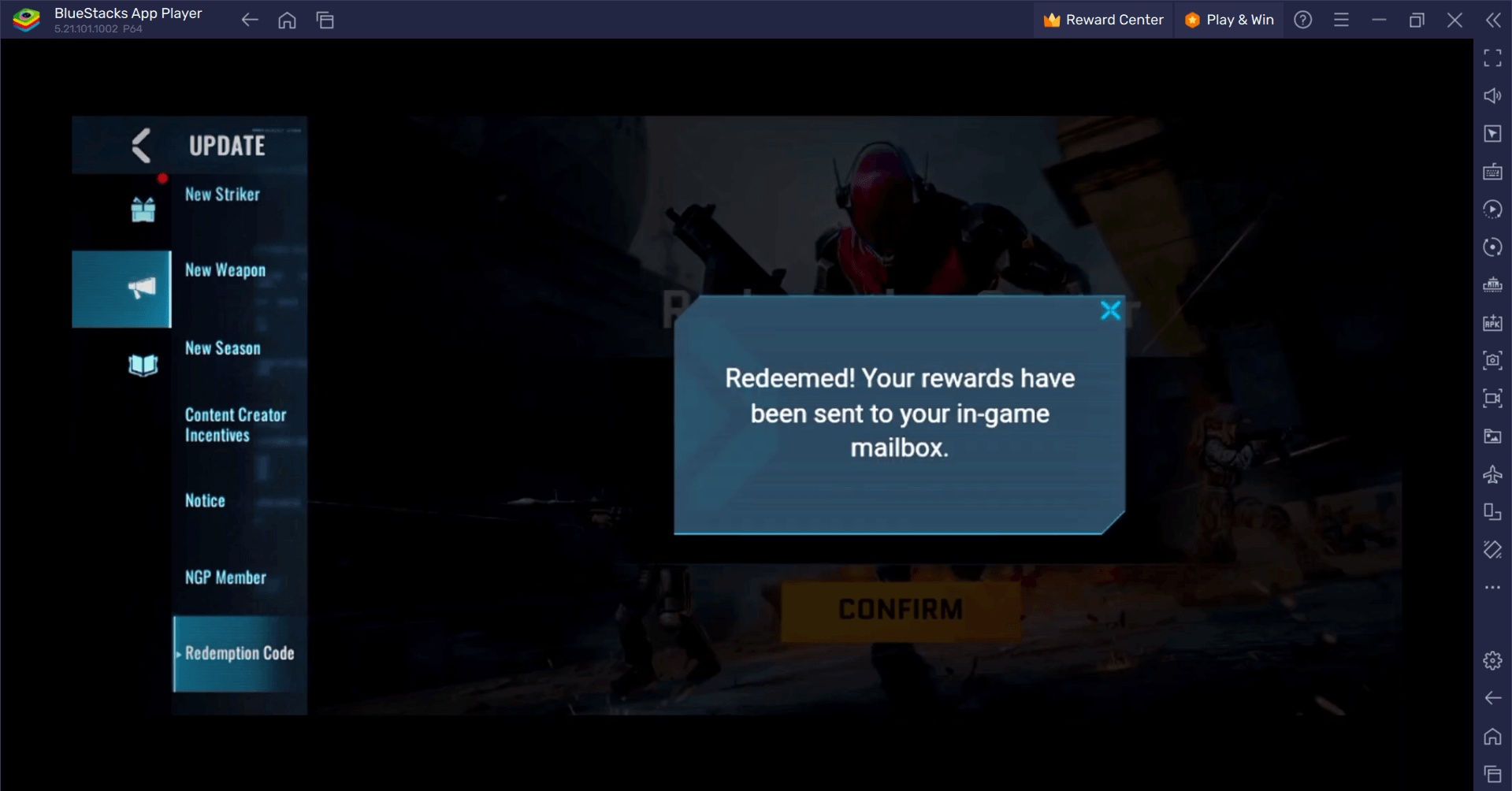
Blood Strike - All Working Redeem Codes January 2025
Jan 08,2025
-
7

Blue Archive Unveils Cyber New Year March Event
Dec 19,2024
-
8
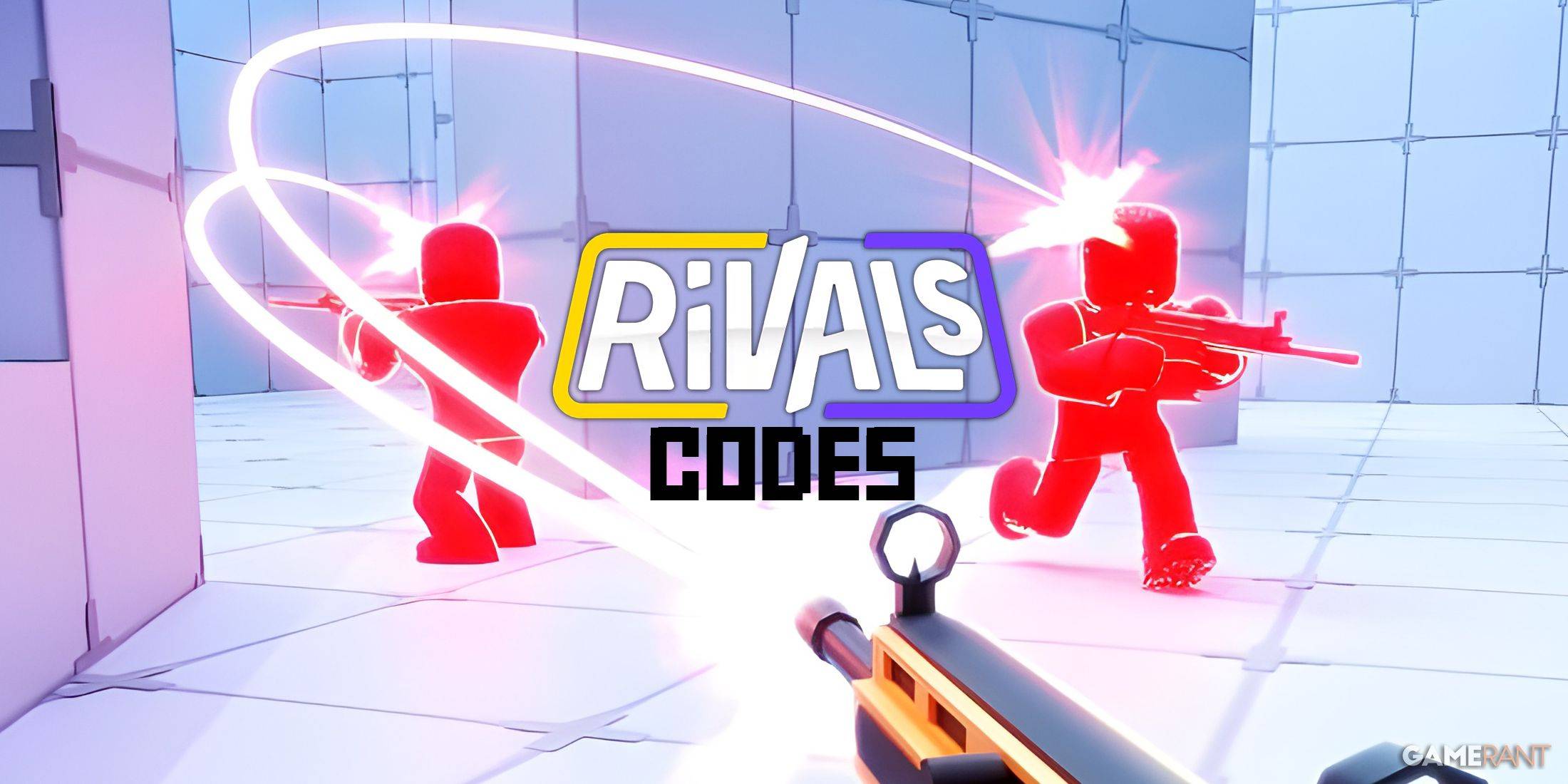
Roblox: RIVALS Codes (January 2025)
Jan 07,2025
-
9
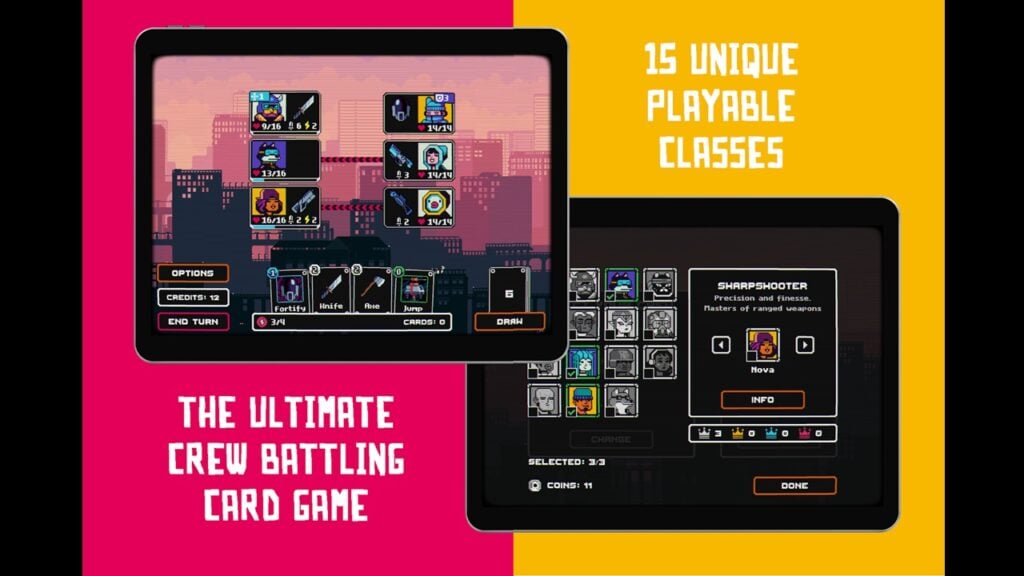
Cyber Quest: Engage in Captivating Card Battles on Android
Dec 19,2024
-
10

Delta Force: A Complete Guide to All Campaign Missions
Apr 09,2025
-
Download

A Simple Life with My Unobtrusive Sister
Casual / 392.30M
Update: Mar 27,2025
-
Download

Random fap scene
Casual / 20.10M
Update: Dec 26,2024
-
Download
![Corrupting the Universe [v3.0]](https://imgs.ksjha.com/uploads/66/1719514653667db61d741e9.jpg)
Corrupting the Universe [v3.0]
Casual / 486.00M
Update: Dec 17,2024
-
4
Ben 10 A day with Gwen
-
5
Oniga Town of the Dead
-
6
A Wife And Mother
-
7
Cute Reapers in my Room Android
-
8
Permit Deny
-
9
Utouto Suyasuya
-
10
Roblox

